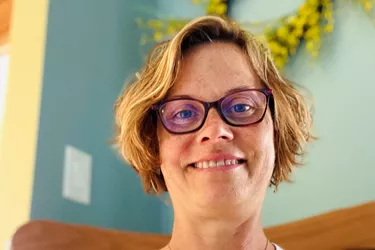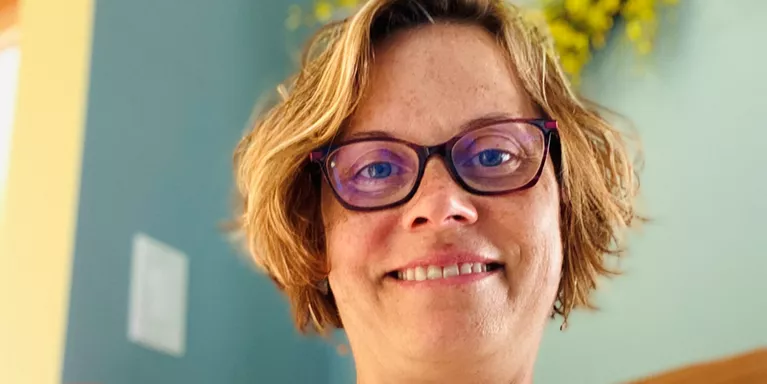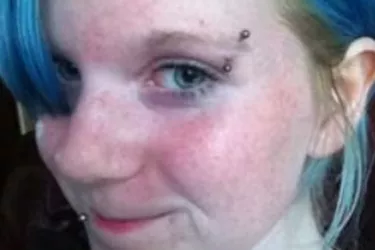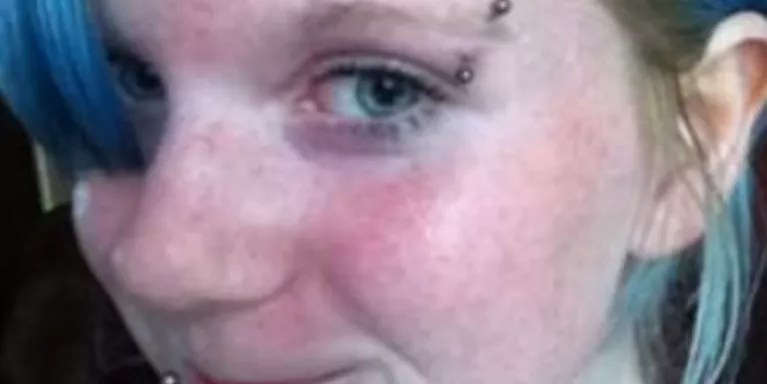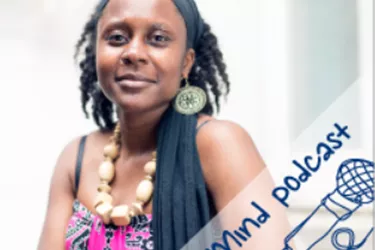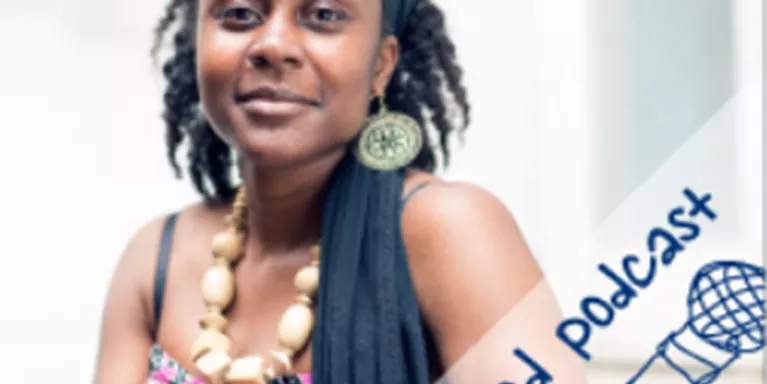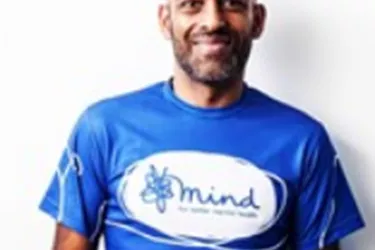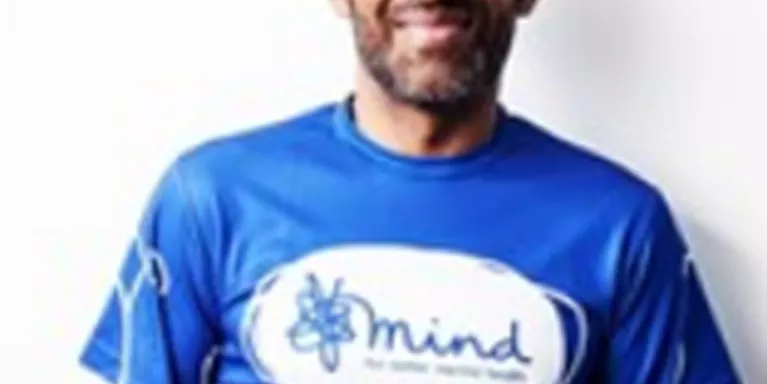The High and lows of my Bipolar
Paul talks about him getting diagnosis of Bipolar and his journey to figuring out what meant to him.
Paul talks about living with bipolar 'pre-internet', his struggle to get support and how an honest word from a stranger helped kick-start his recovery.
I was 23 years old when I was finally diagnosed with bipolar (or manic depression as it was known then) and my reaction was gratitude. It was during the second year of my film degree and, due to the extremes of my behaviour throughout my first year, I was lucky to be alive.
"I'd always felt that there was something wrong with me but during the 70’s teachers weren't really on the lookout."
They only cared about good or bad grades and as my grades were always good they left me alone.
At the age of 19 I was working in a job that I hated. I became convinced that I was the reincarnation of Jesus Christ and that if anyone discovered my true identity they would crucify me.
The only thing that made sense to me was to quit my job and enrol on a Multimedia BTEC course. Once I was there I decided to take advantage of the onsite counselling service.
Counselling was not a word used in my village but luckily for me the college was over an hour's drive from my home, so I thought it was worth the risk.
Within minutes of our first meeting, my counsellor agreed to meet on a weekly basis.
"He appeared fascinated by what I was telling him and he gave me exercises to do that seemed to please him but meant nothing to me."
On my bad days, I felt I was a pathetic coward who didn't deserve to breathe and on my good days I believed I was a god in waiting.
I also believed that the strange feelings and visions I experienced throughout my teens were my godly powers leeching through my human skin and that one day I would reveal myself in a flash of angelic light like a mental butterfly.
Upon completing my course the next logical step, I thought, was to move to Glasgow and hide in a flat for a year. After life in a small village, where everyone knew each other's business, it was amazing to be in a place where no one knew who I was. I would go for days without leaving the flat and I spent every waking moment living out entire lifetimes in my mind.
I knew for a fact carved in stone that I did not want to work. I did not have time. I still had too much thinking to do. In a state of desperation I hastily applied to do a film degree in Newport, South Wales purely because it meant that no one would ask me to get a job.
I would always change my behaviour to suit the company I was keeping and I felt that I was allowed to hate people with a passion but if they hated me back then it only reinforced every negative thought I had about myself.
In Glasgow I had made it my mission not to know anyone but in Newport I decided that I was going live as the real me and not worry what anyone thought.
It turns out the real me was someone who self-medicated with alcohol and drugs, stepped in front of moving cars and set fire to his hand because he genuinely believed that his god skin could not and would not burn.
I had episodes of such tremendous highs that I didn't even sleep. I used to pass out on a regular basis and deem it as rest. During my lows I would lock myself in my room for days on end and turn my bed away from my door because I feared what lay on the other side.
"So that is why I say I was grateful to get my diagnosis. It finally meant that there was a reason for the things I did."
I was in the system and I could turn over the responsibility of living my life to professionals because they were the experts.
If they had offered to shut me away in a basement for the rest of my life I would have locked the door myself.
I was so happy with my new label that I decided that I would tell everyone, but it turned out that 23 years ago my University didn't have a mental health policy.
When I told them that I had been diagnosed their assumption was that I would be leaving them. I told them that I didn't want to leave but the truth was neither of us knew what my diagnosis meant. After a brief back and forth we eventually agreed that I would stay on the course but I wouldn't go to lectures any more.
"It also appeared that I was the only openly mentally ill student at the University, which made me an oddity. It was 1996!"
The internet was in its infancy and mental illness was one of those words, like cancer, that was meant to be whispered but I was shouting it from the rooftops.
I became obsessed with being the perfect patient but frustratingly the only information I had access to about my condition was from my Psychiatrist and that was purely a list of symptoms and drug regimens. I had no one to talk to. I had a million questions and no one to answer them. And unlike now I couldn’t just ask Google.
As I slowly ground through the system I became less and less relevant to the conversation. There was a recognised treatment for my condition and I was prescribed Lithium, which I took religiously, to suppress its harmful effects.
I was a good patient. I took the pills, gave up the drink, submitted myself for regular blood tests and stayed away from the University.
It was the hollowest of victories. I thought that receiving a diagnosis would mean that things would get better.
But I was only made to feel lucky that I was allowed to live amongst the public at all.
Then one day everything changed. A friend of mine met a man in his fifties on holiday and during the conversation, my diagnosis came up. Apparently, he smiled and told her to pass on a message.
"Tell him he'll miss the highs."
Those words jump-started my recovery. It was the first time I felt somebody understood what I was going through. I did miss the highs.
Despite the doctors calling them a symptom and telling me that they were more likely to kill me than the lows, I missed them every day – and this man knew that and wasn't ashamed to tell a stranger.
That was the day I decided that I wouldn't live my life as a victim of my condition. I was going to be a survivor like him. I am someone with bipolar, not simply Paul the bipolar person. It is part of me not all of me.
Fortunately, things have changed. Most universities have mental health policies and manic depression is now called bipolar disorder.
Public awareness of mental illness has been raised through campaigns like Time to Change and, whilst the service is far from perfect, at least information and voices of people affected are just an internet search away. I don't know how my life would have been any different if I had access to those voices all those years ago, but I do know I wouldn't have felt as alone.
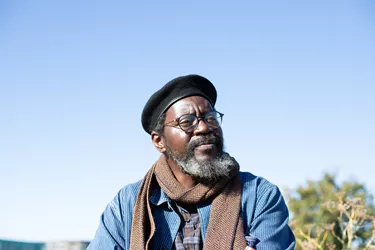

Information and support
When you’re living with a mental health problem, or supporting someone who is, having access to the right information - about a condition, treatment options, or practical issues - is vital. Visit our information pages to find out more.
Share your story with others
Blogs and stories can show that people with mental health problems are cared about, understood and listened to. We can use it to challenge the status quo and change attitudes.










